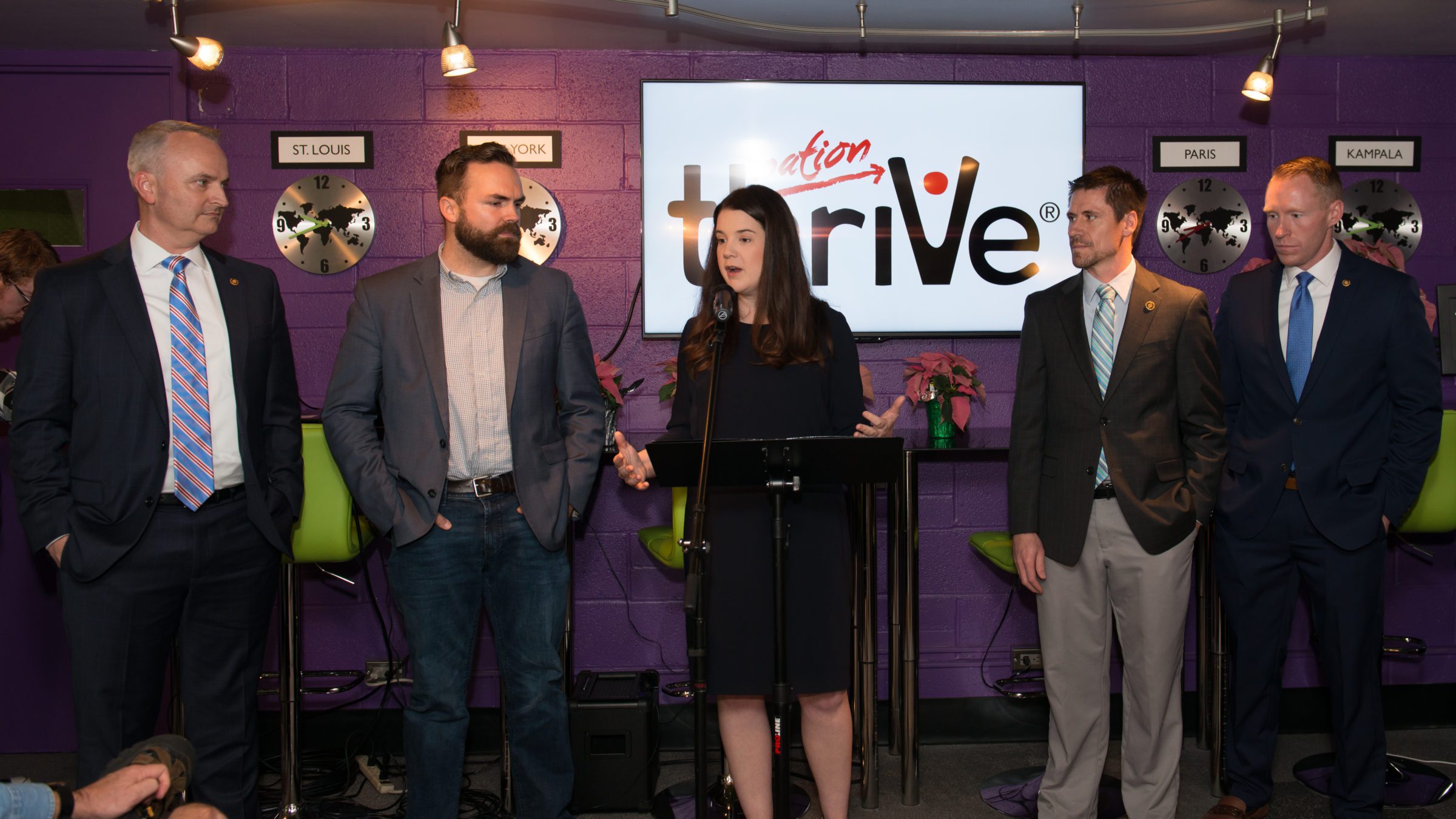There are two sides to the anti-abortion movement in America. The public-facing, “respectable” one is predicated on the notion that abortion should be left to the states, and the real fault of Roe v. Wade was taking away that right to popular sovereignty. It is framed not as an objection to the substance of Roe, necessarily, but as an academic dispute about its philosophical underpinnings.
The other side is different. It has never been interested in the vagaries of states’ rights, because its fundamental belief is that abortion is murder. The extremists of these extremists include people like Eric Rudolph, who bombed an abortion clinic in 1997, and Scott Roeder, who murdered George Tiller, an abortion provider. For them, abortion is not a legal debate; it is an ongoing moral crisis. The two sides have long maintained an uneasy alliance, propped up by the anodyne-sounding rhetoric of the former group and fueled by the bottomless outrage of the latter.
Now, as the Supreme Court decides whether to overturn Roe in Dobbs v. Jackson Women’s Health Organization, that distinction is collapsing. With a 6-3 majority on the Court, there is no longer a real need to sanitize the message any longer. The movement is dominated by people who have no interest in allowing people to make their own decisions about their bodies, or even in allowing states to make decisions about their citizens’ bodies. It is dominated by uncompromising zealots who see themselves as on the verge of a moral triumph.
High-profile anti-choicers are still selling the states’ rights fiction, though. Take Marjorie Dannenfelser, president of the Susan B. Anthony List, an ostensibly mainstream anti-choice group. In a recent op-ed published at SCOTUSblog, she argued that simply returning abortion to the states would “modernize” the laws surrounding abortion and reverse the “paternalistic approach” of Roe. Yes, because the best way to “modernize” a constitutional right is to make it contingent on where one lives.
But Dannenfelser is an excellent example of the duality of the modern anti-choice movement. In a New Yorker interview in 2021 shortly after the argument in Dobbs, she said of people who provide abortions, “When you are trafficking in pills or you’re trafficking in abortion you are making a decision. ‘I will circumvent the law, and I will put the instrument inside her, and I will kill the baby.’” If that is what Dannenfelser believes about abortion—that is the murder of a baby, and that people who perform abortions are trafficking in the murder of babies—it’s simply not credible to believe she’s fine with this issue being returned to the states.

Missouri state Rep. Mary Elizabeth Coleman, seen here expounding on the essential nature of federalism to the continued success of the American experiment (Neeta Satam for The Washington Post via Getty Images)
The same goes for an organization like Focus on the Family, a high-profile anti-choice group that declares abortion to be murder and calls for prohibition to honor “the 63 million taken.” Elsewhere, though, its policy analysts write polite pieces expressing hope that an anti-choice Supreme Court decision “will once again return [abortion regulations] to the states.” Again, there’s just no way that if you think abortion is an ongoing genocide of millions, you’re fine with that genocide continuing just across the state line.
A recently-introduced bill in Missouri, which would prohibit residents from obtaining an out-of-state abortion, shows just how quickly this distinction is crumbling. The bill would allow people to file lawsuits against out-of state providers, including people with as minor a role in the process as booking the appointment. This is the same basic game plan as Texas’s SB8, which offloads enforcement to private citizens to insulate the state from pre-enforcement lawsuits. This new bill goes a step further, though, by trying to enforce a state law outside the state of Missouri, which is a thing that generally cannot happen.
If your main interest is in controlling pregnant people’s bodies, the inconveniences of federalism just kind of fall by the wayside.
There isn’t much daylight between Dannenfelser’s rhetoric and Missouri’s bill, which puts the lie to the notion that Missouri is only interested in regulating abortion within its borders. “If your neighboring state doesn’t have pro-life protections, it minimizes the ability to protect the unborn in your state,” explained state Rep. Mary Elizabeth Coleman, the bill’s Republican sponsor. Well, yes. That’s how federalism works. You don’t get to tell people what to do when they’re outside your borders. You especially don’t get to tell clinic workers in Illinois that a random private citizen can sue them for helping a Missouri resident have an abortion in Illinois. But if your main interest is in controlling pregnant people’s bodies, the inconveniences of federalism just kind of fall by the wayside.
Before today’s hyper-conservative Supreme Court, it would be easy to laugh off Missouri’s bill as farcical posturing. There’s a long line of Supreme Court cases reiterating that a state can’t tell another state what to do, culminating in the delightful Healy v. Beer Institute, which held that Connecticut could not pass a law requiring its neighbors in New York to sell beer at a price no lower than Connecticut prices. The right to travel is critical to America’s civil rights laws, as the Supreme Court held in a landmark 1964 ruling that hotels in segregated states couldn’t refuse to host Black travelers from out-of-state. But now? We’re likely to see Sam Alito—with a concurrence from Clarence Thomas, natch—write a decision about how none of these rights apply when abortion is concerned, because of whatever reasons Sam Alito feels like that day.
As Elie Mystal pointed out in The Nation, Missouri’s law is a distressing echo of one of America’s most shameful legacies: the Fugitive Slave Act, which required people who lived in states that didn’t enslave people to return slaves to states that did. You can draw a depressingly straight line from the language of the 1850 version of the act, which punished who “aid, abet, or assist” in the rescue of enslaved people, to Missouri’s law, which proposes to punish those who “aid or abet, or attempt to aid or abet, an abortion.” If it isn’t one group of people reactionaries want to control, it’s another.
If this were truly a “state issue”—if conservatives were true to their asserted legal justifications—there would be no need for a law like Missouri’s. But what drives conservatives now is the fact that they have friendly lower courts and, at the apex of the legal system, the friendliest Supreme Court imaginable. They won with SB8 in Texas. They’re likely to prevail in Dobbs. It doesn’t seem far-fetched that a Court stacked with conservatives grown in a lab to deliver conservative victories will figure out a way to let Missouri dictate the behavior of the rest of the country, too.
Correction: An earlier version of this post misidentified George Tiller as George Tillman.

